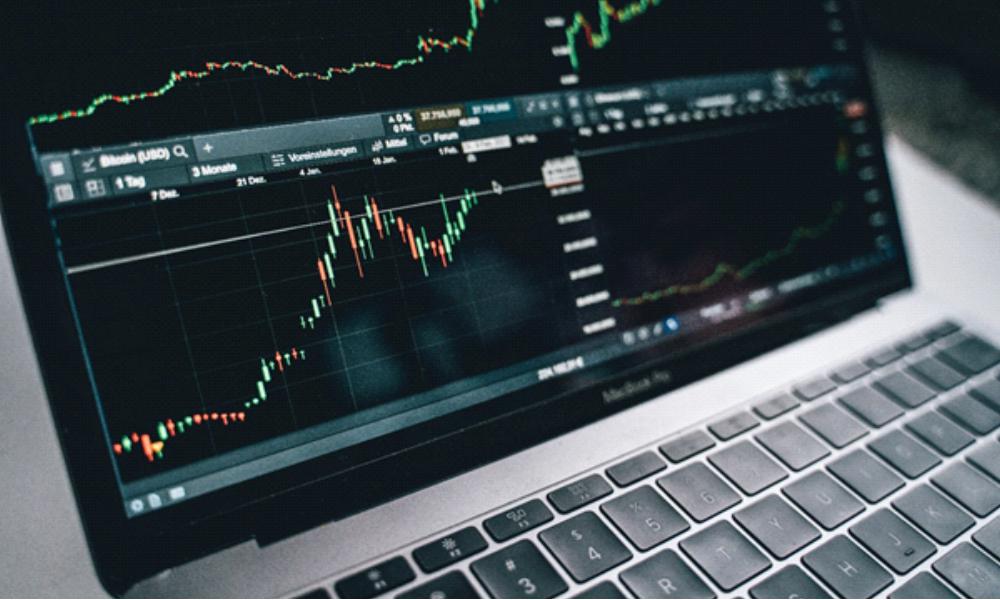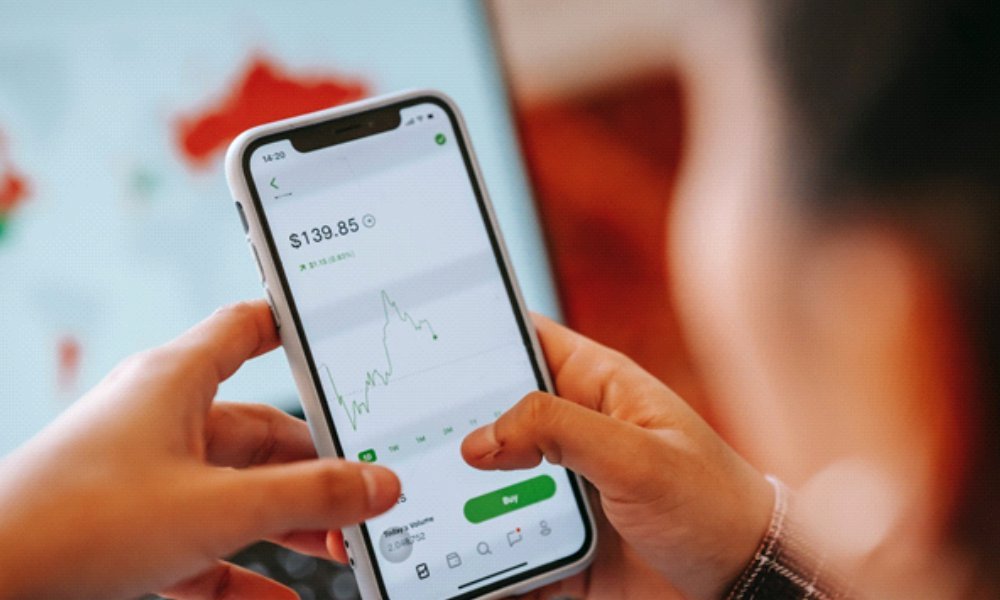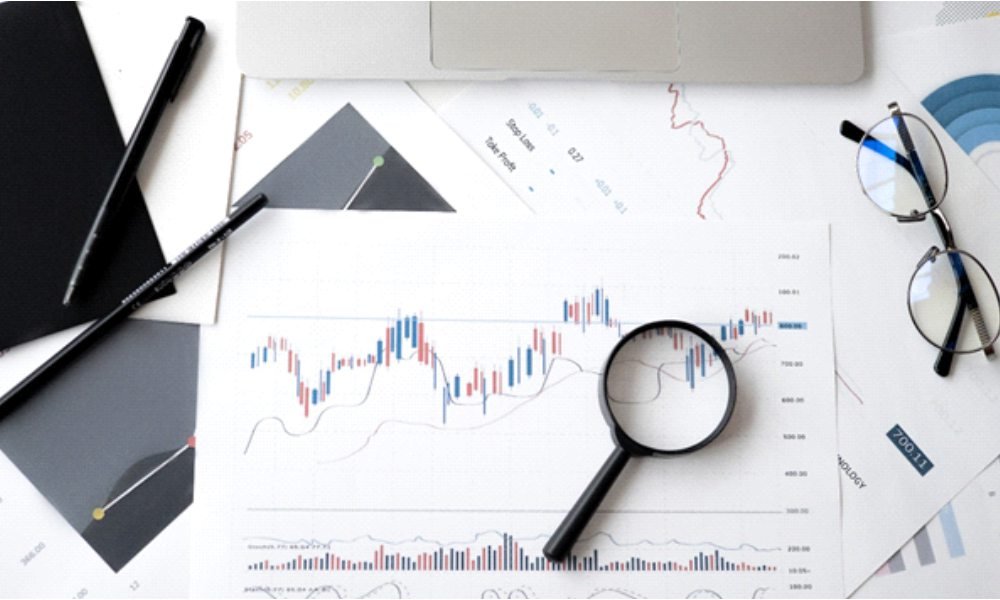You have probably heard a lot of mixed information about CFD trading and are wondering if it is a good option for you. Here we summarize what CFD trading is, including the positives and negatives aspects.
What is CFD Trading?
With Contract for Difference or CFD trading, you trade the difference in the value of an asset between the opening time of a position and the time it closes. CFD replicates the price of an underlying asset over a desired time period. CFDs allow you to invest in assets without holding them directly, for example, stocks, commodities, cryptocurrencies, indices, or Forex. First, you must understand that CFD trading differs from direct stock market investments. CFD functions as a contract between an investor and broker, stipulating that its value will be the difference between the entry and closing prices. In case of a gain, the broker will pay the investor the capital gain; in case of a loss, the broker will pay the capital loss.

One of the unique aspects of CFD trading is that it is possible to take a short position, meaning you can speculate on the fall of a share. Due to daily fees, CFDs are attractive for short or medium-term options but less advantageous for long-term trading. If you are looking to invest with a long-term goal, it is better to invest in the stock market more traditionally by buying shares directly. If you are looking for the best investment products for building a long-term portfolio, it is better to turn to traditional shares.
Positives of CFD Trading
CFD trading allows you to access a wide variety of stocks and financial instruments with a limited amount of money, take advantage of leverage, and speculate on both the upside and downside of the markets.
Out of Hours: Continue to trade CFDs even after trading hours, as these instruments have a wider listing. CFDs can be traded well after the stock market closes. In the case of an out-of-session trade, it is the broker who calculates the price until the next stock market opening.
Beneficial for Beginners: CFD trading for beginners is ideal as its operation is relatively simple and can be easily understood by most investors. CFD contracts allow you to bet on the price of a multitude of financial assets in a very flexible way.
Protects your Portfolio: A CFD is also a tool to hedge your portfolio against anticipated market declines. CFD offers a variety of trading opportunities, allowing you to speculate on stock, index, currency, commodities, etc.
Higher Leverage: CFD trading offers the investor considerable leverage. Giving you the possibility to open a position much higher than your funds. For example, what are cfds allow for 20:1 leverage, meaning you can open a position for 20 times the value of available funds. The CFD enables a trader to generate significant profits with relatively small amounts of money. But it is important to keep in mind with potential higher profits comes the potential for substantial losses.

Negatives of CFD Trading
CFD trading also has some negatives or disadvantages. CFD trading can be more or less risky depending on the use, fees can be quite high, and they do not allow investing directly in stock. These are a few of the negatives to take into consideration.
Risks Associated With CFD: CFDs can make or lose money like any investment and trading product. But can be riskier than other instruments. Risk is much higher if you opt for leverage, as it magnifies the gains and losses of an investment.
Trading Outside of Hours: CFDs trade for longer than underlying assets, some even trading up to 24 hours a day. When the stock market is closed, the price of the CFD estimated by the broker can be different from the closing price of the underlying asset.
Impact of Fees: Another potential downside is that brokerage fees increase the risk slightly since the investor must perform above these fees to start being profitable. However, this applies to any financial asset, not just CFDs.
A point to keep in mind for both experienced and beginner traders is that, on the one hand, their flexibility and simplicity can push investors to increase their risk exposure. On the other hand, they generate daily fees, which makes them unsuitable for long-term “buy and hold” strategies.

Conclusion
CFD trading is a favorite with both more experienced and beginner traders because of the access to leverage. Offering traders access to margin trading, where you invest a fraction of an asset’s total cost, and a broker loans you the rest. Remember that CFD trading can be as risky as it is rewarding, so if you’re a novice dealer, never invest more than you’re willing to lose, do thorough research and formulate a risk management strategy.
Also Read: Should You Invest In Green Energy Company Stocks: 5 Things To Know















